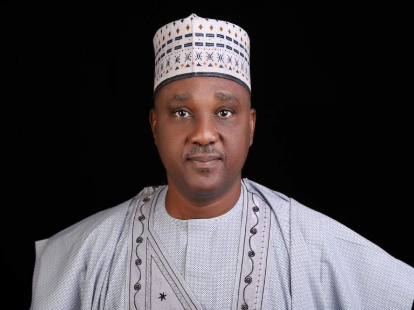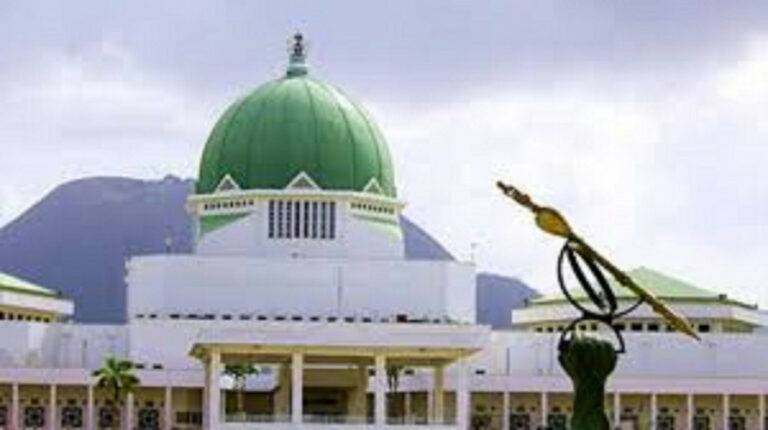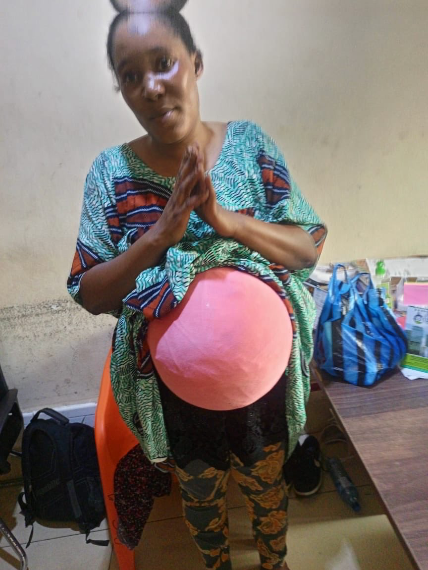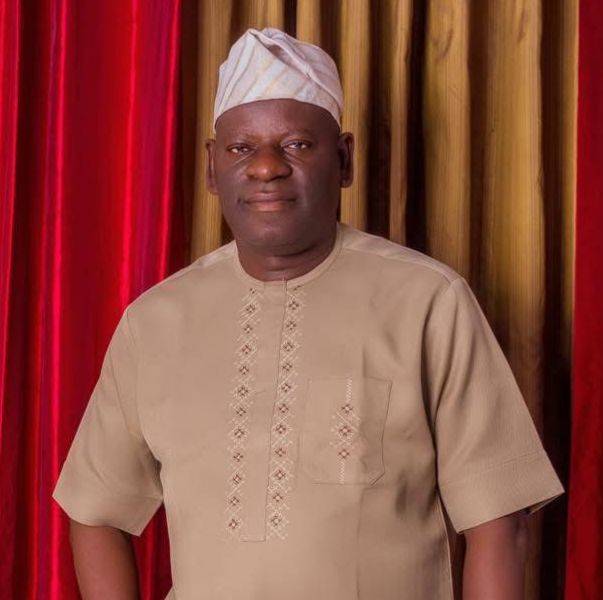Speaker of the House of Representatives, Rt. Hon. Abbas Tajudeen, has denied media reports suggesting that he condemned government borrowing.
Speaking at the 11th Annual Conference and General Assembly of the West Africa Association of Public Accounts Committees (WAAPAC) on Monday—through his representative, Hon. Babatunde Salam—the Speaker raised concerns over Nigeria’s rising debt profile but insisted his comments were misrepresented.
“As at the first quarter of 2025, Nigeria’s total public debt stood at ?149.39 trillion, about US$97 billion,” he noted. “Even more troubling is the debt-to-GDP ratio of 52 per cent, which far exceeds the statutory ceiling of 40 per cent. This is not merely a budgetary concern but a structural crisis demanding urgent parliamentary attention and reform.”
In a clarification issued by his Special Adviser on New Media, Jowosimi Enitan, Tajudeen stressed that he did not issue a blanket condemnation of borrowing. Rather, he emphasized the need for responsible fiscal management.
“For the record, Speaker Abbas Tajudeen, PhD, GCON, never condemned borrowing,” Enitan stated. “On the contrary, he affirmed that public debt, when managed prudently, can be a tool for growth and prosperity. His call was for stronger oversight, transparency, and accountability to ensure that every naira borrowed delivers tangible value to Nigerians.”
The statement also commended President Bola Ahmed Tinubu’s fiscal reforms, highlighting that Nigeria, for the first time in decades, had met its 2025 revenue target ahead of schedule without recourse to borrowing.
“This achievement,” Enitan added, “is proof that with discipline, focus, and courage, we can reduce dependence on external loans and secure our economic sovereignty.”
Tajudeen, through his aide, underscored that parliament has both a constitutional duty and a moral responsibility to safeguard Nigeria’s financial future. “Oversight of public debt is not about political point-scoring,” he said. “It is about ensuring that loans translate into real development—roads, schools, hospitals, and innovation.”












